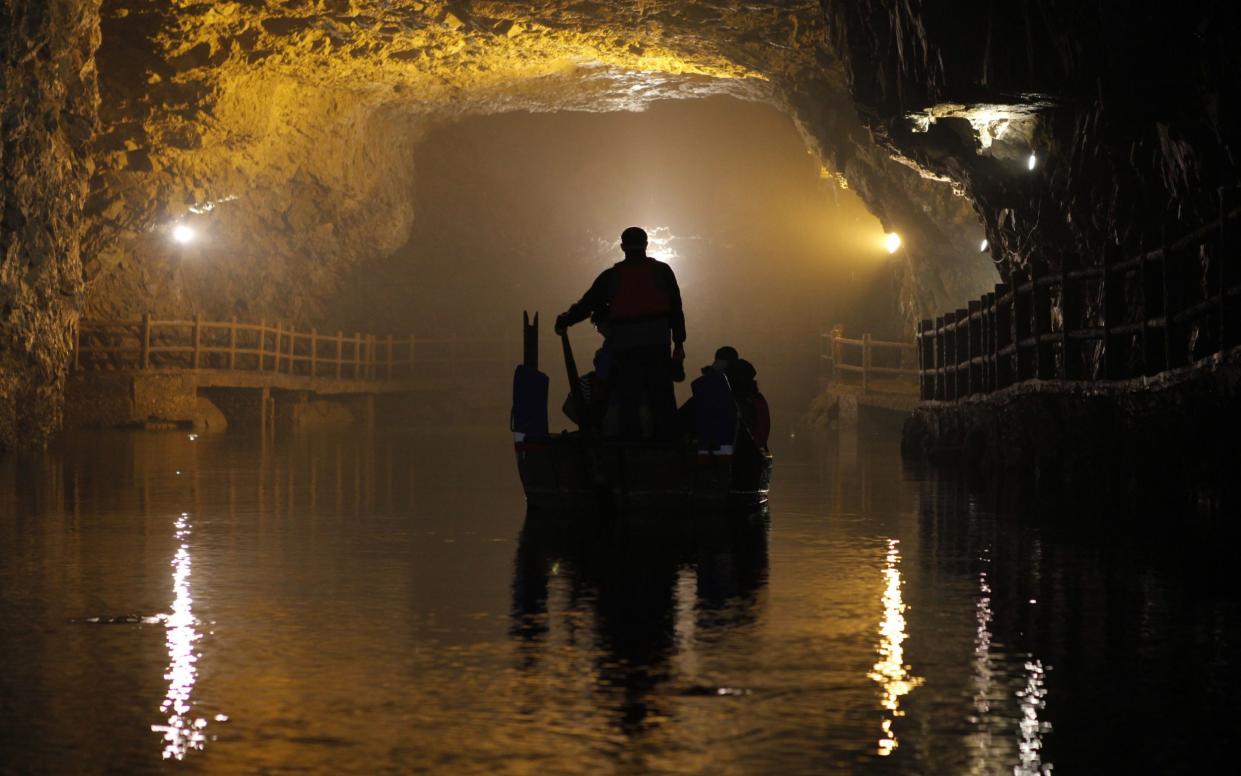We must protect Britain's undersea internet cables

In the sea off the east coast of China a new form of warfare is being played out. The submarine internet cables to two remote islands have been severed, cutting off the communities from the outside world. The Matsu Islands are part of Taiwan and the finger of blame is being pointed at Beijing.
The cables were cut last month by Chinese fishing vessels but the authorities claim it was an accident. Given the determination of China to undermine the legitimacy of Taiwan and the constant threats issued by Beijing, few believe them. Now, many of the 14,000 residents of the Matsus are leaving for the main island in order to reconnect with what has become an essential lifeline.
The incident highlights a vulnerability we all share. The dependence of the modern world on the internet is almost total. More than 95 per cent of global communications are via fibre-optic cables running along the ocean floors. They carry some £10 trillion of financial transactions a day and underpin the operation of every computer in the world. Yet their position is well known and they are at risk of attack.
Few know this better than Rishi Sunak, who as a backbench MP campaigned for the government to take the protection of these cables seriously. In an article for this newspaper, he wrote: “Either on land or sea, these jugulars of the world economy are a singularly attractive target to our enemies, whether they be an increasingly bellicose Russian navy or a terrorist group. A successful attack has the potential to cripple Britain’s security and prosperity.”
Now he is in a position to do something about it, we trust the Prime Minister will take note of what is happening in Taiwan and ensure our network is able to withstand a similar event.

